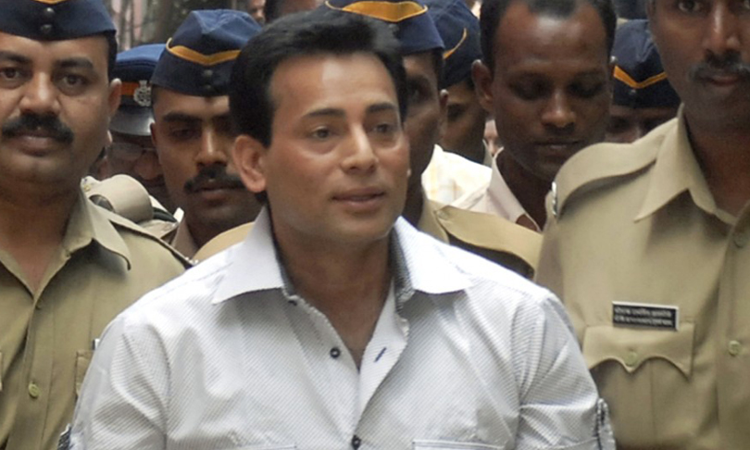'Sovereign Commitment To Portugal Binding?', Supreme Court Asks Centre In Abu Salem's Case
Sohini Chowdhury
8 March 2022 12:08 PM IST

"The Union of India gives assurance to a foreign country. Does it stand by it or not?", the bench asked.
Next Story
8 March 2022 12:08 PM IST
